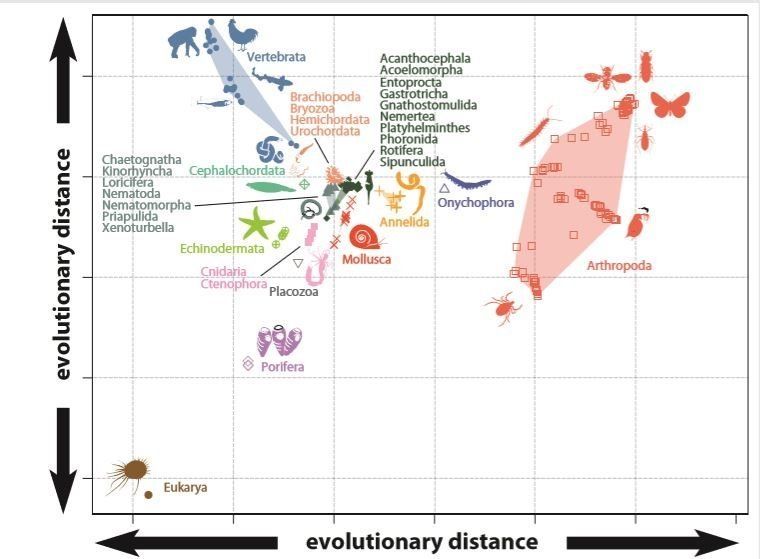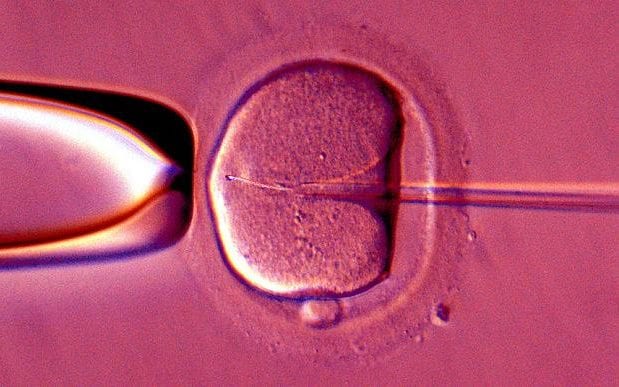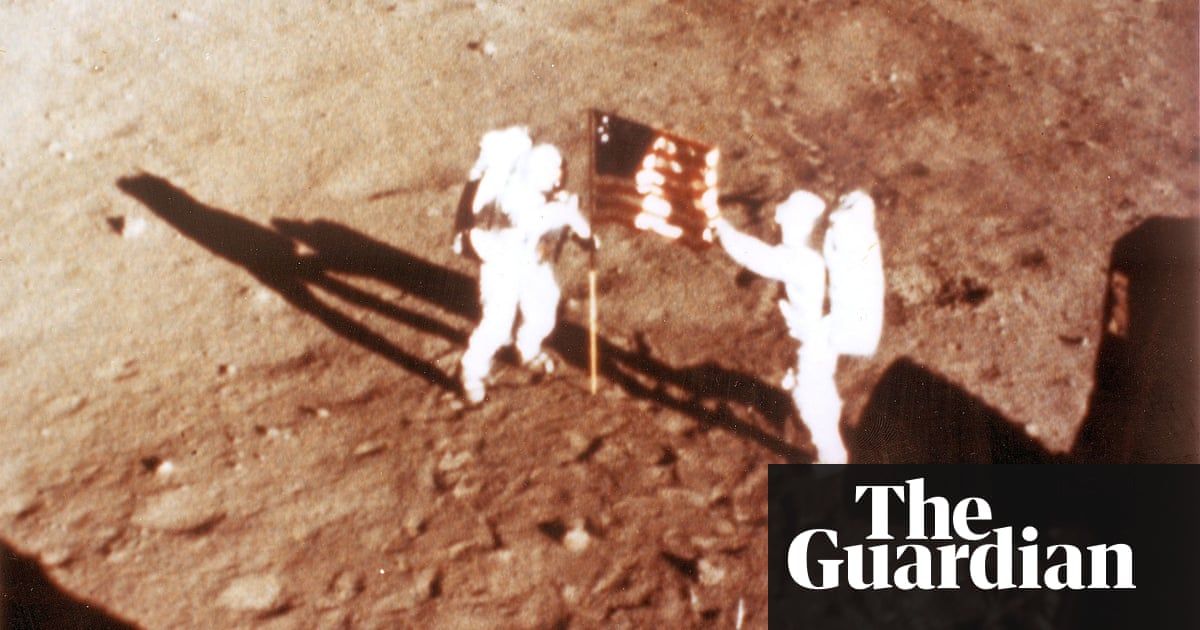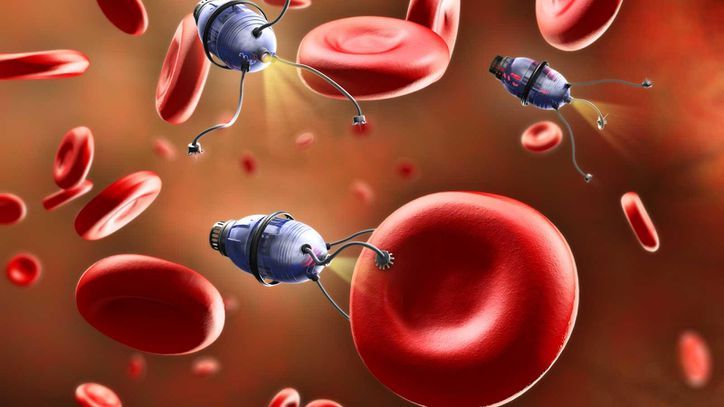Page 8527
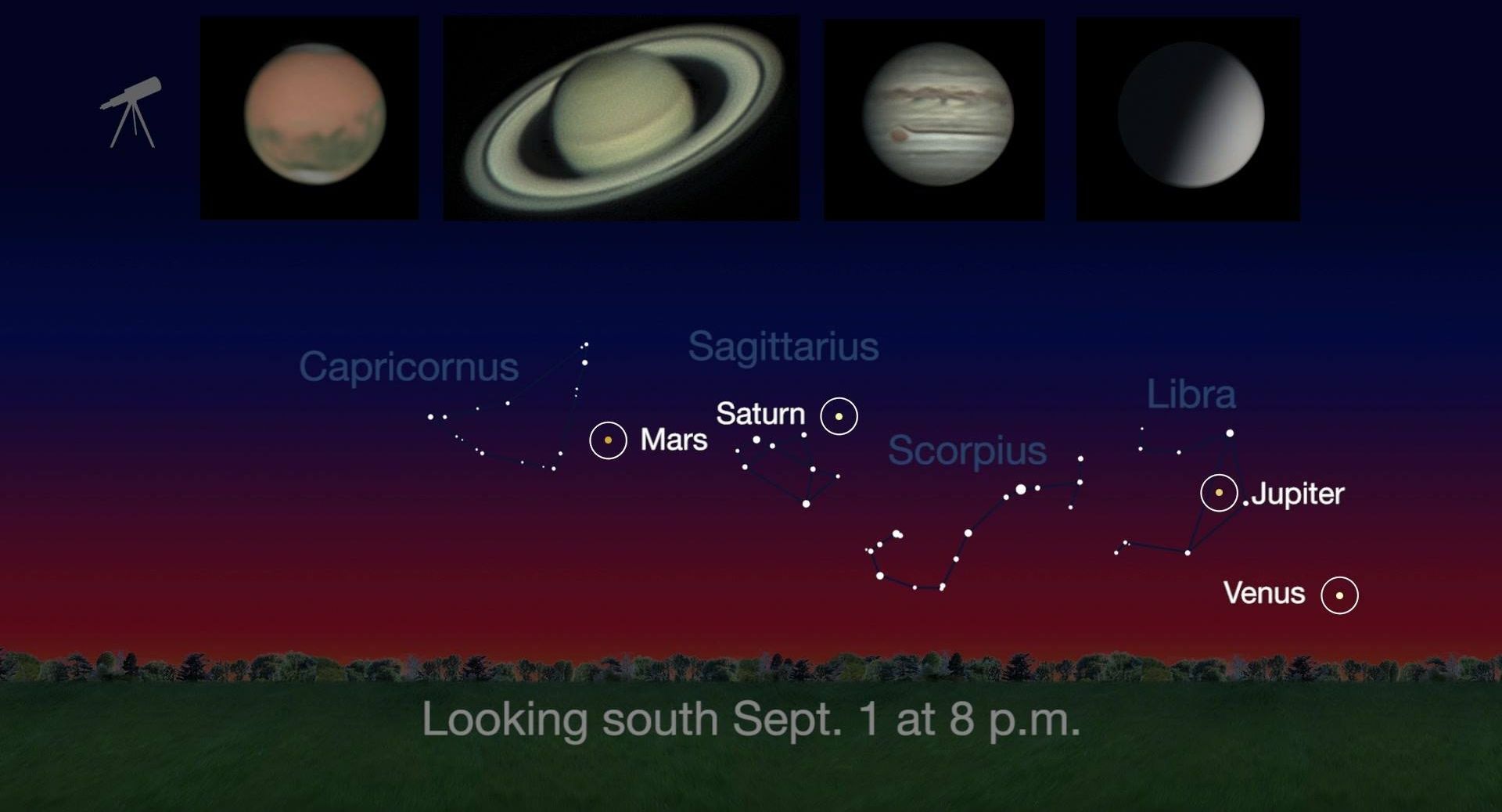
What’s up in the night sky this month? A late summertime road-trip of constellations along the Milky Way, plus great views of Venus, Jupiter, Saturn and Mars.
For star parties and astronomy events near you, visit https://nightsky.jpl.nasa.gov/.
Sep 3, 2018
What Does Quantum Theory Actually Tell Us about Reality?
Posted by Genevieve Klien in category: quantum physics
Nearly a century after its founding, physicists and philosophers still don’t know—but they’re working on it.
- By Anil Ananthaswamy on September 3, 2018
Sep 3, 2018
Evolutionary origins of animal biodiversity
Posted by Genevieve Klien in category: evolution
A new study by an international team of researchers, led by scientists from the University of Bristol, has revealed the origins and evolution of animal body plans.
Animals evolved from unicellular ancestors, diversifying into thirty or forty distinct anatomical designs. When and how these designs emerged has been the focus of debate, both on the speed of evolutionary change, and the mechanisms by which fundamental evolutionary change occurs.
Did animal body plans emerge over eons of gradual evolutionary change, as Darwin suggested, or did these designs emerge in an explosive diversification episode during the Cambrian Period, about half a billion years ago?
Sep 3, 2018
IVF children at far greater risk of dangerous high blood pressure, study suggests
Posted by Genevieve Klien in category: biotech/medical
Children born through IVF are six times more likely to suffer high blood pressure than naturally conceived children, putting them at greater risk of heart attacks and strokes, new research suggests.
In a study of 96 youngsters, researchers in the Switzerland found one in seven teenagers who were born through assisted reproduction had clinically high blood pressure by the age of 16, compared with just 2.3 per cent of those born naturally.
Around 20,000 babies are born through IVF in Britain each year. But the oldest test-tube baby — Louise Brown — is only 40 years old, so the long term impact of fertility treatment is still unknown.
Sep 3, 2018
Neil Armstrong biopic not unpatriotic, say sons as Aldrin fuels controversy
Posted by Genevieve Klien in category: futurism
First Man does not show the astronauts planting US flag, sparking anger on the right – but second man’s views are unclear.
Sep 3, 2018
Cancer-tracking AI could save lives
Posted by Genevieve Klien in categories: biotech/medical, robotics/AI
Knowing what a cancer will do next could help doctors treat patients or prolong their lives with pre-emptive treatments.
Sep 3, 2018
Nanobots can now swarm like fish to perform complex medical tasks
Posted by Genevieve Klien in categories: biotech/medical, nanotechnology
Sep 3, 2018
Scientists finally confirm that Uranus is surrounded by fart clouds
Posted by Alberto Lao in categories: food, space
Sometimes science simply confirms what we already know to be true. You know what I’m talking about: researchers will find evidence that losing sleep makes you cranky and bad at your job, that eating lots of vegetables is good for your gut, or that Uranus is surrounded by a noxious fart cloud.
Indeed, the new findings on the latter published in Nature Astronomy come as no surprise to those who’ve spent time closely examining Uranus. More than a year ago, planetary scientists told Gizmodo’s Ryan F. Mandelbaum that the essence of this ice giant’s scent would probably be dominated by ammonia and hydrogen sulfide. Hydrogen sulfide gives rotten eggs their stink, but it’s also associated with the odor of a human fart.
Still, scientists had never directly detected the presence of these stinky molecules. Until now, that is. The authors of the new study examined sunlight bouncing off Uranus as captured by the 8-meter Gemini North telescope in Hawaii. Scientists determined what sorts of molecules were inside the atmosphere by examining the light it reflected in infrared. Different compounds absorb and cast off different wavelengths of light—creating a distinct and identifiable signature if you know what to look for. Think of it as dusting for fingerprints, but instead of a suspect, you’re looking for molecular compounds. The group says they were just barely able to detect the signatures they sought; it took a telescope as sensitive as Gemini and conditions as clear and perfect as those found at its home on Mauna Kea. Even though no one has ever smelt it, scientists can now say with certainty which molecules have dealt it.
Continue reading “Scientists finally confirm that Uranus is surrounded by fart clouds” »



